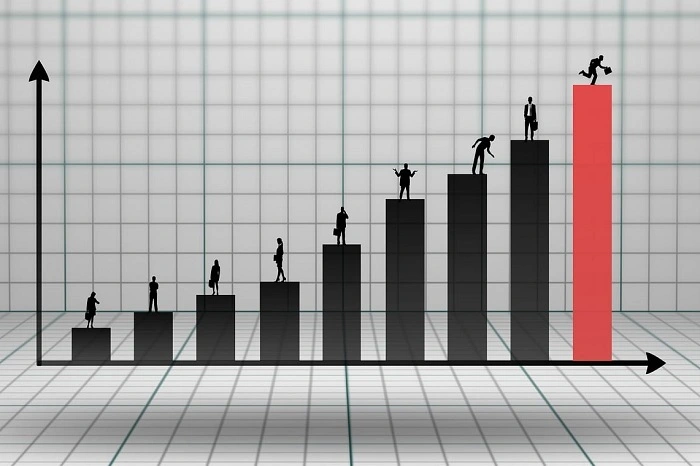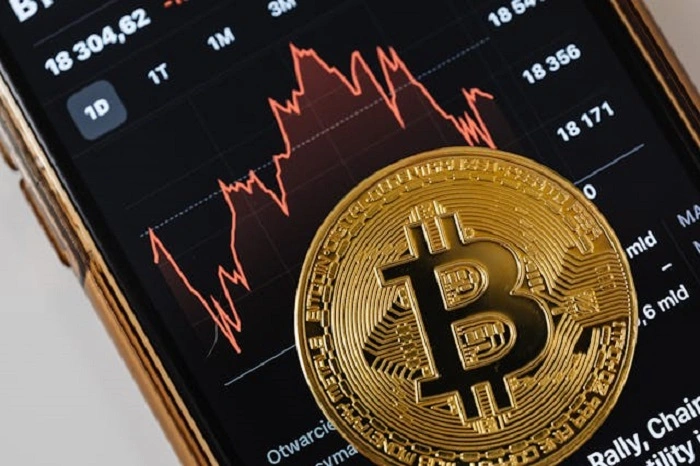Table of Contents
According to early estimates, Hungary's economy grew by 0.5% in 2024, after a 0.9% decrease the year before. From 1996 to 2024, Hungary's full-year GDP growth equalled 2.41 percent. It climbed to 7.10 percent in 2021 and fell to a record low of -6.70 percent in 2009.
Hungary is now known as a major hub for information security, mobile technology, and associated hardware research, with a particular focus on electronics manufacturing and research.
Hungary's economy is recovering as market optimism is encouraged by possible peace negotiations between the United States and Russia, with politicians highlighting the economic advantages of diplomatic advancement.
Peace Talks Show Promise
Financial markets tend to be significantly influenced by diplomatic developments and news of possible peace negotiations between Russia and the US. These negotiations seem to be having a favourable effect on Hungary's economy.
Prime Minister Viktor Orban discussed the economic impact in a video on his Facebook page. He displayed data on exchange rates and stock market charts. He was cited as saying:
“I can see that the forint is gaining traction and that petrol prices have already dropped by 10%. If this trend continues, the euro exchange rate will eventually go below 400 forints. That is the meaning of peace.”
Over the previous week, the Hungarian forint has slightly increased, indicating market confidence about the prospect of diplomatic progress. "Peace has its economic benefits," Orban said, connecting this economic boost to Hungary's continuous desire for peace. For this reason, we started a peacekeeping effort and have spent the last three years fighting for peace.
Ending the War in Ukraine
Orban said the phone conversation between the Russian President and the U.S. President on February 12, during which the two leaders agreed to meet and talk about ending the war in Ukraine. He focused that a compromise would help stabilize Hungary's economic condition and that "we must support peace."
Western sanctions against Russia and the conflict in Ukraine had an economic impact on other European nations besides Hungary. Several European economies have experienced inflation, supply chain disruptions, and increased energy costs as a result of their dependence on Russian gas and oil.
The largest European economy, Germany, experienced industrial delays, while energy-demanding industries in other countries, such as France and Italy, were severely impacted.
Orban has previously said that Hungary has been negatively impacted by EU sanctions against Russia. According to estimates from the Hungarian government, the country suffered losses of over 20 billion euros over the past three years as a result of increased energy prices.







